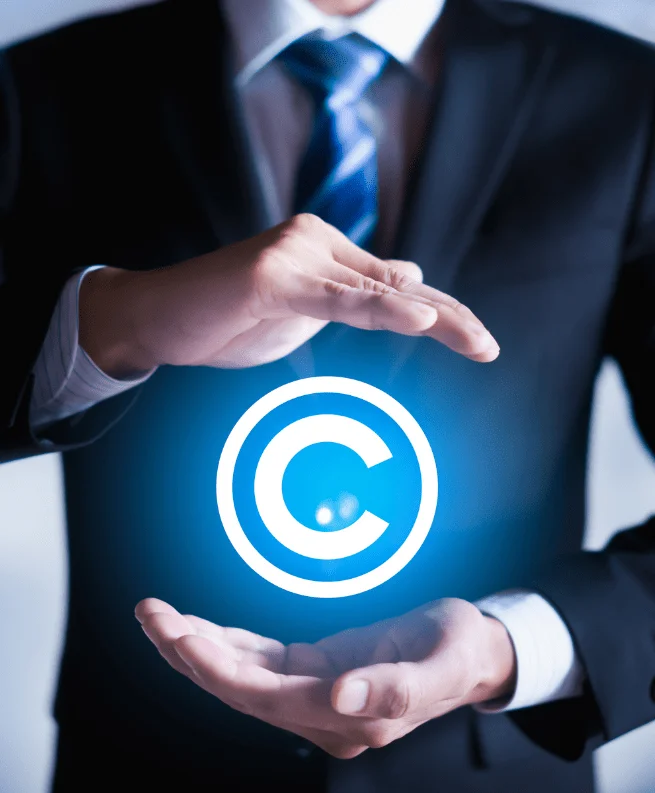
The statute of limitations for collection actions is a legal-tax principle that establishes a time limit during which a natural or legal person may judicially claim the statute of limitations for the payment of a debt. This term varies according to the legislation of each country and its purpose is to provide legal certainty to both the creditor and the debtor, preventing tax claims from being extended indefinitely. In other words, if the period established in the Law has elapsed without the collection action having been brought, the debtor may invoke the statute of limitations before the tax administration itself and even use this argument as a defense at the trial stage. As an effect, the statute of limitations prevents the creditor from demanding payment of the debt in question due to the passage of time.
At this point, the question arises: why does the State let debts lapse if it is losing money in this way?
The purpose of the statute of limitations for collection actions is to encourage creditors (tax administration) to be diligent in the management of their credits and collections, promoting greater stability and predictability in economic relations. It also protects debtors from old claims that may arise unexpectedly, allowing them to plan and manage their finances with greater security.

Statute of limitations on collection actions in Ecuador
The Ecuadorian tax system is governed by the Tax Code, which regulates the legal relationships arising from taxes between taxpayers and taxpayers. Thus, Article 55 of the aforementioned regulation sets forth the time periods in which tax debts are subject to the statute of limitations:
"The action for collection of tax credits and their interest, as well as fines for failure to comply with formal duties, shall prescribe within five years, counted from the date on which they were due; and, in seven years, from the date on which the corresponding return should have been filed."[1].
From what is prescribed in the norm, it is concluded that once 5 years have elapsed the creditor will lose its right to collect, and in 7 years from the time the debtor should have filed the declaration. Once this procedure is completed, the taxpayer loses this status, since the debt owed to the tax administration is extinguished.

Interruption of the statute of limitations for collection action
The statute of limitations does not operate ex officio and can be interrupted in two ways. First with the express and tacit recognition of the rule by the debtor; in the first case with a written document and in the second case, for example, with the payment of a single penny of the debt. In any case, if the amount due is recognized, the statute of limitations will have been interrupted.
The second way in which it can be interrupted is with the legal citation of the payment order, which is the last invitation given to the taxpayer to pay the debt, prior to other collection mechanisms that the tax administration has. Regarding the interruption of the statute of limitations of the collection action, the Contentious-Tax Chamber of the National Court of Justice has stated that:
"It occurs whenever the holder of the right exercises it and when the obligation is recognized by the debtor, before the term ends (...) In other words, the interruption of the statute of limitations exists as an opposition to such legal institution, when the terms for it to operate have not been met and not as an attempt to revive an extinct obligation." [2]
In conclusion, the interruption of the statute of limitations for collection actions in tax matters is an essential remedy to ensure the effectiveness of tax collection. This interruption may be effected by the debtor's express or tacit acknowledgment of the debt or the legal citation of the payment order. Thus, as stated by the Contentious-Tax Chamber of the National Court of Justice, the interruption of the statute of limitations does not seek to revive extinct obligations, but to ensure that tax rights are not undermined by the passage of time without timely action.
If you need legal assistance or more information to stop the collection action, do not hesitate to contact one of our professionals. You can write to us at ace@iurenovum.com or call us at 0990938575 or 0990552880. We will be happy to help you.
Bibliography:
[1] Tax Code, art. 55.
[1] National Court of Justice, Specialized Chamber of Tax Litigation, Judgment No. 09501-2019-00211.











